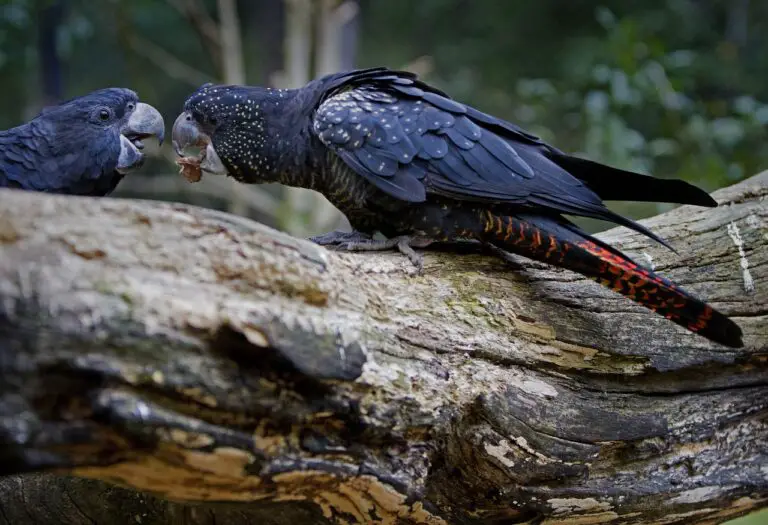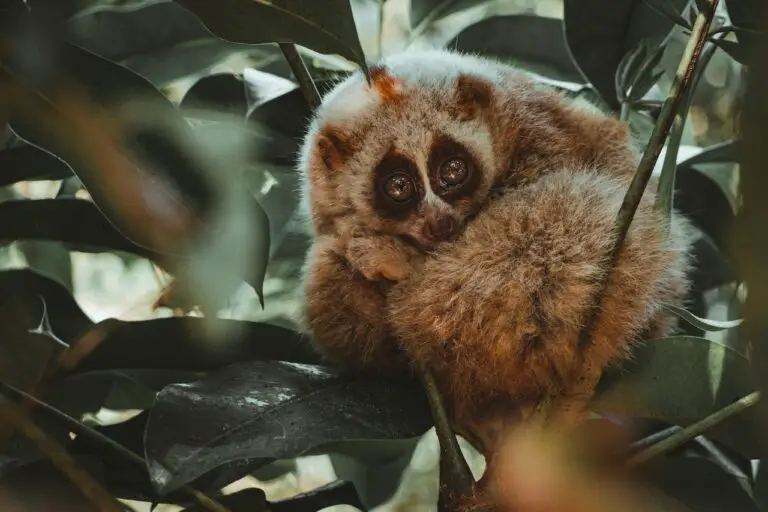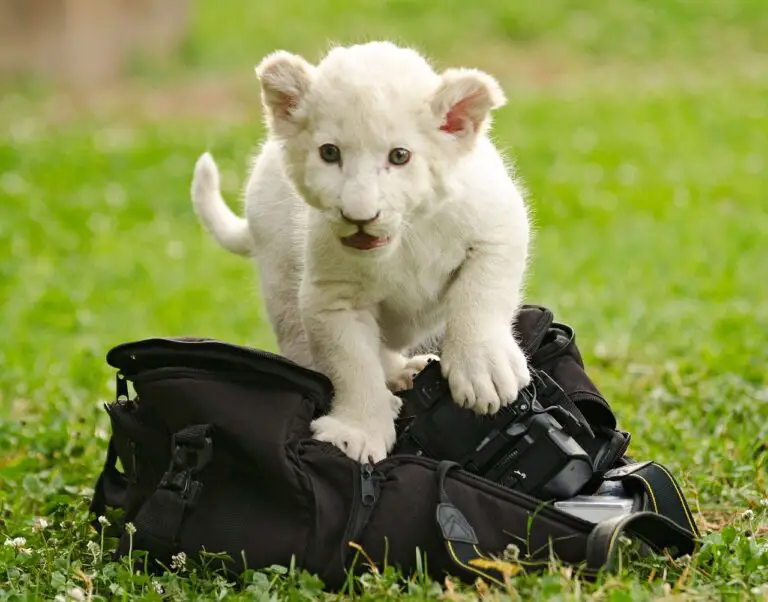The History of Exotic Pets: Tracing Their Roots Up To Today
Exotic pets have been kept by humans for thousands of years, and the practice continues to this day.
From ancient civilizations to modern times, the allure of owning a unique or exotic animal has captured the hearts and minds of people all around the world.
In this article, we will take a look at the history of exotic pets and how they have evolved over time.
1. Ancient Times: The First Exotic Pets
The practice of keeping exotic animals as pets can be traced back to ancient civilizations such as Egypt, where people kept monkeys, birds, and big cats as pets.
In ancient Rome, wealthy citizens kept exotic animals as a symbol of their status and power.
2. The Middle Ages: Exotic Animals as Symbols of Wealth and Power
During the Middle Ages, exotic animals continued to be seen as a symbol of wealth and power.
Kings and queens would keep lions, tigers, and other exotic animals in their menageries as a show of their power.
However, exotic animals were still not commonly kept as pets by ordinary people.
3. The Renaissance: Scientific Study of Exotic Animals
The Renaissance saw a shift in attitudes towards exotic animals.
As the scientific study of the natural world became more popular, exotic animals were seen as objects of study and curiosity.
The Medici family in Florence had a menagerie that included a rhinoceros, which was studied by scientists and artists alike.
4. The 19th Century: The Rise of Zoos and Circuses
The 19th century saw the rise of zoos and circuses, which showcased exotic animals to the public for the first time.
This led to a greater interest in exotic animals and a desire to keep them as pets.
Many wealthy individuals began to keep exotic animals in their homes, and exotic pets became more popular.
5. The 20th Century: Exotic Pets Become Popular
The 20th century saw the popularity of exotic pets continue to rise.
As air travel became more common, exotic animals from around the world became more accessible.
Many celebrities and wealthy individuals began to keep exotic pets, and the exotic pet trade became a big business.
6. Today: The Controversy Surrounding Exotic Pets
Today, exotic pets remain controversial.
While many people enjoy keeping exotic pets and find them to be fascinating animals, others argue that keeping these animals in captivity is cruel and can be dangerous.
Some countries have banned the ownership of exotic pets altogether.
The Dangers of Keeping Exotic Pets
One of the main arguments against keeping exotic pets is that they can be dangerous.
Many exotic animals are capable of causing serious injury or death to humans, especially if they are not properly trained or socialized.
In addition, many exotic animals have specific dietary requirements and living conditions that can be difficult to provide in a domestic setting.
Legal Issues and Regulations
Due to the potential dangers associated with keeping exotic pets, many countries have strict laws and regulations governing their ownership.
Some countries have banned certain types of exotic pets altogether, while others require owners to obtain special permits or licenses.
In addition, many animal welfare organizations have spoken out against the practice of keeping exotic animals as pets, and have advocated for stricter laws and regulations.
Conclusion
The history of exotic pets is a long and fascinating one, spanning thousands of years and many different civilizations.
While exotic animals have been kept as symbols of wealth and power, objects of scientific study, and sources of entertainment, the practice of keeping them as pets remain controversial.
While many people find exotic animals to be fascinating and enjoy keeping them as pets, others argue that it is cruel and dangerous to keep these animals in captivity.
FAQs
What is considered an exotic pet?
Exotic pets are animals that are not commonly kept as pets, such as snakes, lizards, birds, and primates.
Why do people keep exotic pets?
People keep exotic pets for a variety of reasons, including their unique appearance, their intelligence and trainability, and their perceived status as a symbol of wealth or power.
Are exotic pets dangerous?
Many exotic animals are capable of causing serious injury or death to humans, especially if they are not properly trained or socialized.
What are some of the legal issues surrounding exotic pets?
Many countries have strict laws and regulations governing the ownership of exotic pets, and some have banned certain types of exotic pets altogether.
Should people be allowed to keep exotic pets?
This is a controversial question with no easy answer.
While some people believe that it is cruel and dangerous to keep exotic animals as pets, others argue that it is their right to do so as long as they can provide proper care and housing.
Ultimately, the decision on whether to keep exotic pets should be based on careful consideration of the risks and benefits, as well as the ethical implications of the practice.
How can I ensure that I am providing the best possible care for my exotic pet?
It is important to do your research and understand the specific needs of your exotic pet.
You should also seek guidance from a qualified veterinarian who specializes in exotic animal care.
Can exotic pets be released into the wild if they are no longer wanted?
No, releasing exotic pets into the wild can have devastating effects on local ecosystems and can also be illegal.
Peter Stones is the founder of Exotic Pets Place, the leading online resource for exotic pet care information.
With over 10 years of hands-on exotic pet ownership experience, he is deeply passionate about sharing his expertise to help others properly care for their unusual pets.
When he's not writing extensively researched articles or connecting with fellow exotic pet enthusiasts worldwide, you can find Peter at home tending to his own beloved menagerie of exotic animals.



![The Pros and Cons of Owning an Exotic Pet in College [+ FAQs], a man with a backpack](https://exoticpetsplace.com/wp-content/uploads/2023/06/The-Pros-and-Cons-of-Owning-an-Exotic-Pet-in-College-FAQs-a-man-with-a-backpack-768x512.jpg)
![Exotic Pet Youtubers The Top 8 to Follow [+ Links], someone watching youtube on a tablet](https://exoticpetsplace.com/wp-content/uploads/2023/06/Exotic-Pet-Youtubers-The-Top-8-to-Follow-Links-someone-watching-youtube-on-a-tablet-768x554.jpg)


